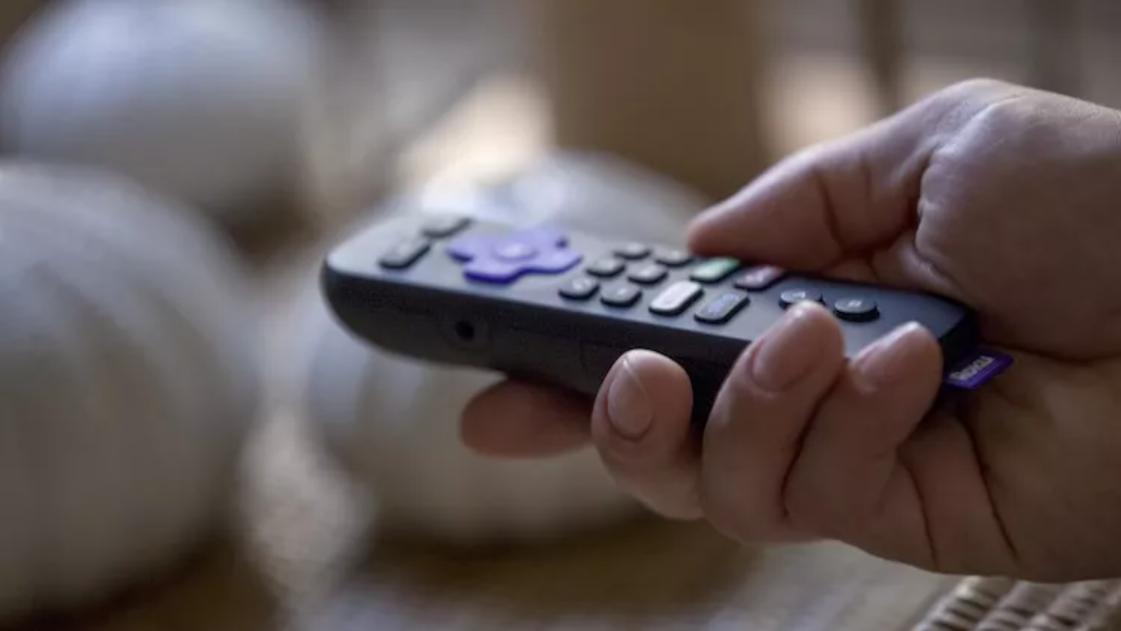Roku Wins One Patent Case, Sets Out on Another
After being cleared of patent infringement, Roku is now suing Universal Electronics

LOS GATOS, Calif.—Roku is heading from one court case to another. After being cleared last week of a patent infringement claim, Roku is now going after Universal Electronics for its violation of Roku's patents related to the set-up of infrared remote controls.
First, last Friday Roku was cleared by a Western District of Texas jury on charges of patent infringement by ESW Holdings. ESW argued that Roku's "development environment," which allows third-party developers to create streaming channels and advertisements to make available on Roku's own streaming platform, was in violation of its two patents that deal with interactive television technology.
ESW was asking for damages that could have been as high as $228 million.
Roku pointed to witness testimony from employees of the startup that developed the ESW technology that said they did not believe Roku infringed on the patents, including the inventor of the patents, who explicitly said that Roku was not infringing.
Law 360 has a full recap of the trial proceedings.
Meanwhile, Roku is possibly heading back to court, this time as the one claiming patent infringement against Universal Electronics, as TV Tech's sister publication Next|TV reports. Roku filed the suit in a California federal court, alleging violations of its U.S. Patent No. 8,378,875, "Method of Programming a Universal Remote Control," and No. 7,388,511, "System for Remote Control of Identical Devices."
Roku claims Universal Electronics has infringed by including "QuickSet" and "SimpleSet" features in programmable remotes for pay-TV operators like Charter Communications, WideOpenWest and Videotron, as well as smart TV manufacturers Samsung, LG Electronics and Zenith.
Get the TV Tech Newsletter
The professional video industry's #1 source for news, trends and product and tech information. Sign up below.
In 2020, Universal Electronics filed suit against Roku, alleging that its remotes for TCL and Hisense remotes violated its patents.
